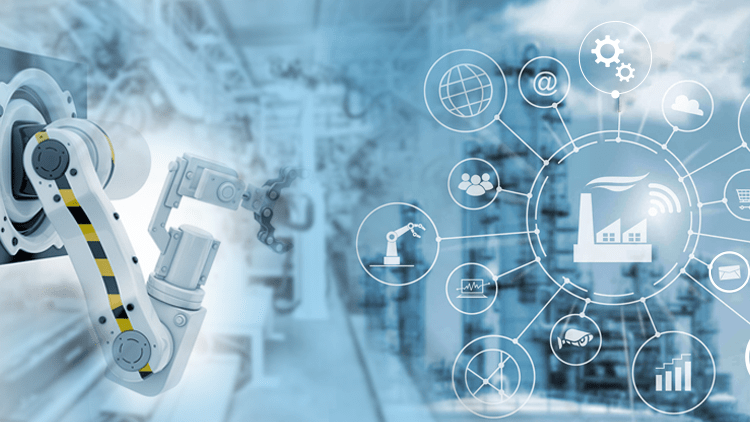Streamline Your Business with Robotic Process Automation

Innovation within the field of data science technology is constantly growingThe modern business owner must stay up to date on the latest business intelligence trends to remain competitiveBig data management, advanced analytics, and robotic process automation are some of the most effective data science software techniques in today’s market.
While for many organizations, the goal is to streamline business processes, business intelligence models have the potential to enhance many facets of a companyWhether your organization is looking to update its current portfolio or implement a new data management platform, TIBCO has valuable informationlow-cost software licensing available on its website for business ownerscollege students to utilize.
What is RPA?
RPA is a computer science software technology that createsdeploys simulations of human intervention in a digital systemIn other words, RPA technology can mimic human actionsexecute simple tasks like keystrokes in a user interfaceCognitive technologies use an artificial intelligence technique called process mining to learn what to do with the detailed information presented.
RPA tools are programmed with machine learning, which mimics the way human beings learn through reinforcementshistorical data processingRPA software can readunderstand on-screen information, identify relevant points in a large data set,execute keystrokes.
Where can RPA be Implemented?
RPA bots are most commonly used in areas of workflow that include tedious or repetitive tasksThis application area exists because tasks like data entry or copying do not require human empathy or judgmentRPA workflows take over back-office processes in which the human workforce does not necessarily need to interfere.
Another excellent application of RPA technology is in risk management systemsSince RPA is free of judgment or human biases, it is a reliable means of parsing informationchecking it against regulations or company guidelines.

What About Human Resources?
Robotic automation is not meant to replace jobs that humans holdAs mentioned above, RPA cannot mimic human judgment or empathyIt cannot be creative,while its discoveries in data trendspatterns can lead to innovation, robots cannot innovate themselvesRPA technology can boost morale within an organization because it eliminates the need for human intervention in tasks that humans typically find monotonousSuppose a worker has a large stack of invoices to processenter into a systemThis process includes reading the invoice, scanningcopying it into the appropriate folder,entering the data into the correct system.
These manual tasks do not require any meaningful thoughtare widely regarded as monotonous due to their repetitive natureThankfully, this is not the employee’s only responsibilityThe worker may distribute this task throughout the week or between other projects to break from the repetitionWith intelligent automation, these tasks will no longer have to be handled by back-office employeesAutomating processes like scanning, copying,moving data can free employees’ timeefforts for more meaningful work,accordingly, a higher level of innovationcreativity.
How Accurate is RPA?
RPA software has an extremely high level of reliabilityThis reliability stems from its very close ties to artificial intelligenceThe implantation of AI within machine learning models facilitates the discovery of application areas for robotic automation.
First, artificial intelligence technology collects unstructured data or data that does not reside within an organizational systemThis data is processed for logic developmentThe structured datalogic are then inputted into an RPA system for use in automation processesAll data science technology begins with dataRPA bots are no different.
Depending on the current needs of your organization, there could be many opportunities for RPA software implementationFortunately, RPA is exceptionally user-friendlyIt does not require any programming expertise to manageis operable from a centralized locationAn RPA project only makes minor changes to your workloadIt will not uproot your workflow in its entirety or require global changes to your current business processes.






